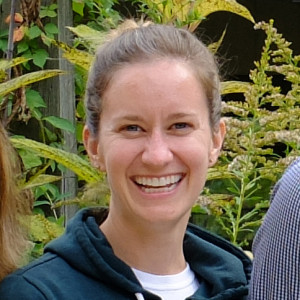By Melissa Nase, Manager of Land Stewardship
October 10, 2015
 Dear Future Land Stewardship Manager,
Dear Future Land Stewardship Manager,
I hope that you are reading this full of positivity and empowerment. There is a certain developing momentum now – urban gardening, native plants, the value of getting outdoors – and my hope is that these past 25 years have been full of a growing environmental awareness throughout the Philadelphia region and the world, with movements rising up from small community groups as well as developing from our political leaders.
My hope is that Philadelphia will take the lead in emphasizing environmental policies, creating a new standard for sustainability and the integration of nature into urban environments. That they will begin emphasizing native plants, adding oaks and redbuds as street trees to replace the non-native gingko and Bradford pears. What if, by 2040, Philadelphia is known for its tree-lined streets and becomes a model for crime reduction methods: through planting trees and introducing natural areas into locations that were formerly vacant lots and concrete. The city can create systemic changes that influence air quality, crime rates, and happiness and it all starts by adding trees to our city blocks. I hope the city is safer, cooler, and more inviting. I hope it is ready to manage climate change.
The Schuylkill Center has undoubtedly taken a leadership role in this shift to create an environmentally-conscious Philadelphia. I’m sure it has not been easy, as the value of this organization’s accomplishments are often intangible and unquantifiable. How can you count inspiration, curiosity, or moments of understanding and realization? It is impossible, but I’m sure that during your time here, you can see that those things are actually innumerable.
The work that you do as a land manager is difficult. It can be tiring, overwhelming, and often without much instant gratification. I hope that you find humor and joy in your work, and more importantly, ways to renew yourself. Whether it is spotting a late-season monarch, finding a new area to discover, or taking a moment for meditation, these small moments allow you to keep giving yourself to this place and doing good.
This land has been through hundreds of years of disturbance from agriculture usage, lumbering, and mining. Although we have stepped away from this type of land domination, we cannot force a cure to what ails our forests and meadows. Our tree shaped bandage doesn’t fit on wounds that run deep – soil depletion, exotic earthworms, erosion, and invasive plants, to name a few. I think, for this type of hurt, we mostly need time. That is not to say that what you do is not valuable! You provide support for this land, and you give it a voice. You know and understand that we cannot force change, but that instead we can give the land the tools it needs for success: seeds, observation, stormwater controls – guiding the forest to a more abundant, biodiverse, and healthier future.
What this forest has done in the past 50 years is magical. Trees that were just seeds in 1965 have grown to tower over our heads, providing food, homes, and shade to birds, animals, insects, and humans-alike. Trust that nature will find a balance. If you can shift your thinking to be within this framework, then you always have a partner in your work.
Warm regards,
Melissa Nase
Editor’s Note: Dear 2040 is a series of blog posts containing some of the letters included in our 50th anniversary time capsule, buried in October 2015. Throughout the rest of 2015 we’ll be posting some of those letters, sharing what our leaders, thinkers, artists, and Schuylkill Center staff are thinking about the year 2040. You can read all the posts here.

I enjoyed your letter Melissa.